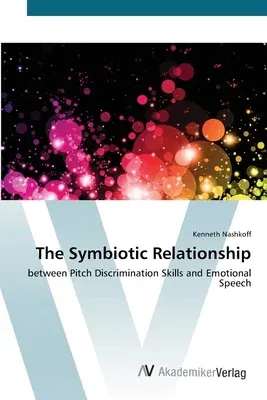Revision with unchanged content. Previous research indicates that a
relationship between music lessons and speech prosody skills exists.
Speech prosody, like music, uses variations in pitch, tone, and volume
to add an emotional content to communications. Studies suggest that
musical training transfers its effects into speech prosody skills. The
relationship between the pitch discrimination skills used in music
training and speech prosody has largely been unexamined. This book
examines the hypothesis that differences would be found in the pretest
and posttest prosody skills of a treatment group which received pitch
discrimination practice. Music majors received eight weeks pitch
discrimination practice and were given a pretest and posttest to assess
pitch discrimination and speech prosody decoding abilities. A control
group was also pre tested and post tested on their speech prosody
skills. The Comprehensive Affect Testing System recorded speech prosody
skills, and pitch discrimination testing was recorded. Results of data
analysis support the hypothesis that pitch discrimination practice does
transfers to speech prosody decoding skills. Such transfer may be a
hidden, unexplored benefit of formal musical lessons. From a perspective
of social change, this strongly suggests that such a nontraditional and
short-term pitch discrimination practice intervention can improve
emotional speech decoding skills.


